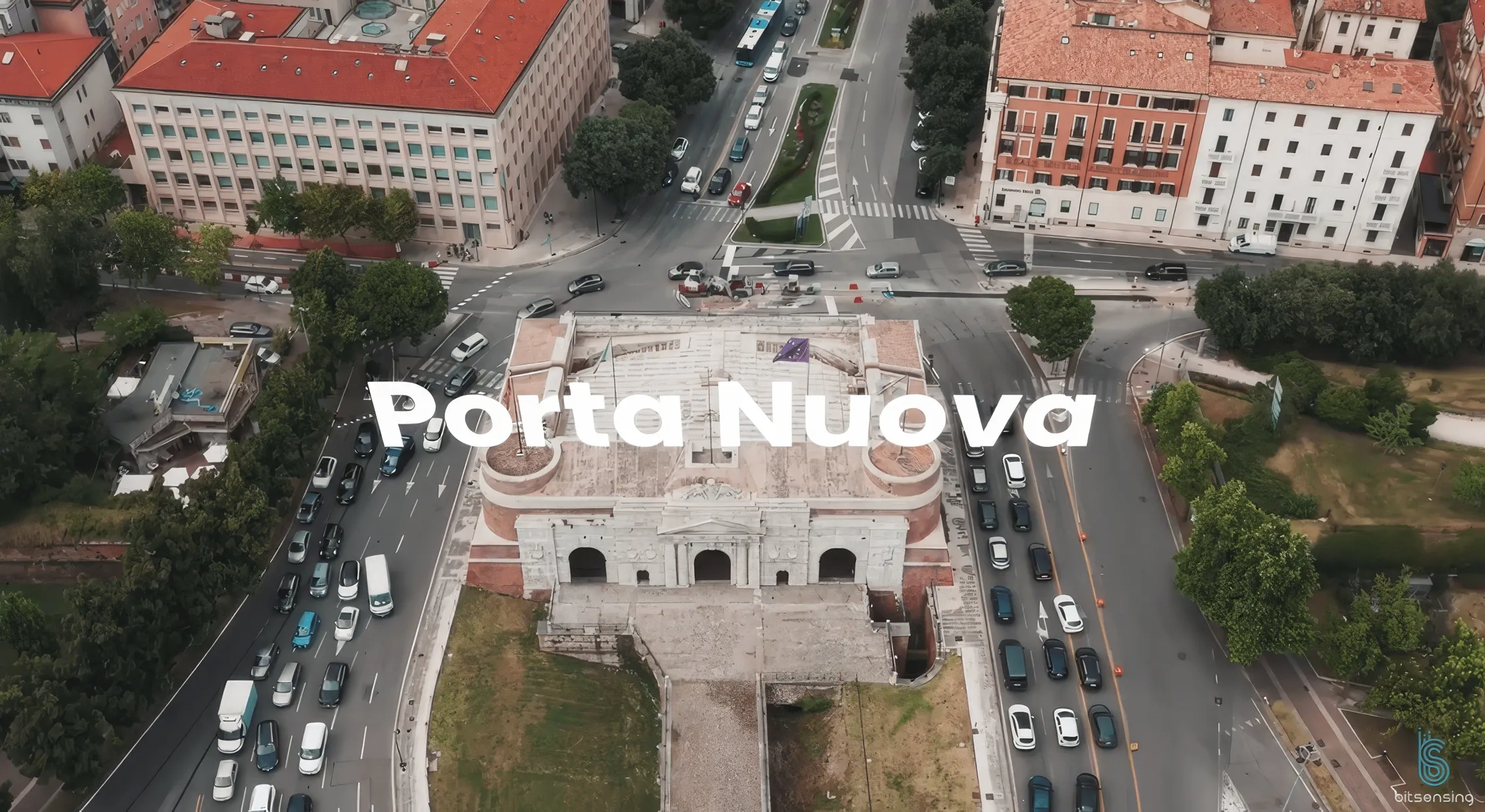
Kuba has deployed a ticketing platform across the new bus rapid transit (BRT) system in Senegal’s capital, Dakar.
Dakar Mobilité says the 100% electric BRT is the first of its kind in Africa, and it is expected to serve around 300,000 passengers once fully rolled out between Guédiawaye and the city centre.
The check-in, check-out solution offers access to services across 23 stations. Riders tap or scan their travel token on a Kuba validator as they pass through a gate to enter a platform and board a vehicle.
The Kuba system accepts Calypso cards, contactless tickets and QR code tickets: Orange Money or Wave mobile money services can be used to buy a ticket, which is issued as a QR code.
The continent of Africa has been a pioneer in m-money, which enables people to use their mobile device to pay for goods and services without having a bank account.
Dakar’s BRT accepts this payment via its mobile app, at sales point terminals and via portable POS devices supplied by Kuba.
Account-based ticketing functionality may be activated at a later stage.

“The technology provided is an essential part of our new system, offering our passengers a simple way to pay for travel and get on board quickly,” says Cheikh Yatt Diouf, deputy general director, Dakar Mobilité.
Kuba’s back office enables payment and travel data analysis, and integration with a third-party mobile app.
“We are delighted to see the BRT system in Dakar receiving its first passengers and using Kuba technology to get on board the new electric buses,” says Tarik Dinane, general manager of Kuba France.
The Dakar region is home to a quarter of Senegal’s population, with almost four million residents today, and five million expected by 2030.
The number of vehicles on the road is increasing at an annual rate of 10% and the granting authority, Conseil Executif des Transports Urbains Durables (CETUD), estimates journeys will double in the next 20 years.
Kuba has 250 employees in five offices in US, UK, France, Denmark and Italy and its technology is used in more than 500 cities and regions. It is a member of the ICM Mobility Group, an investor in mobility solutions.








